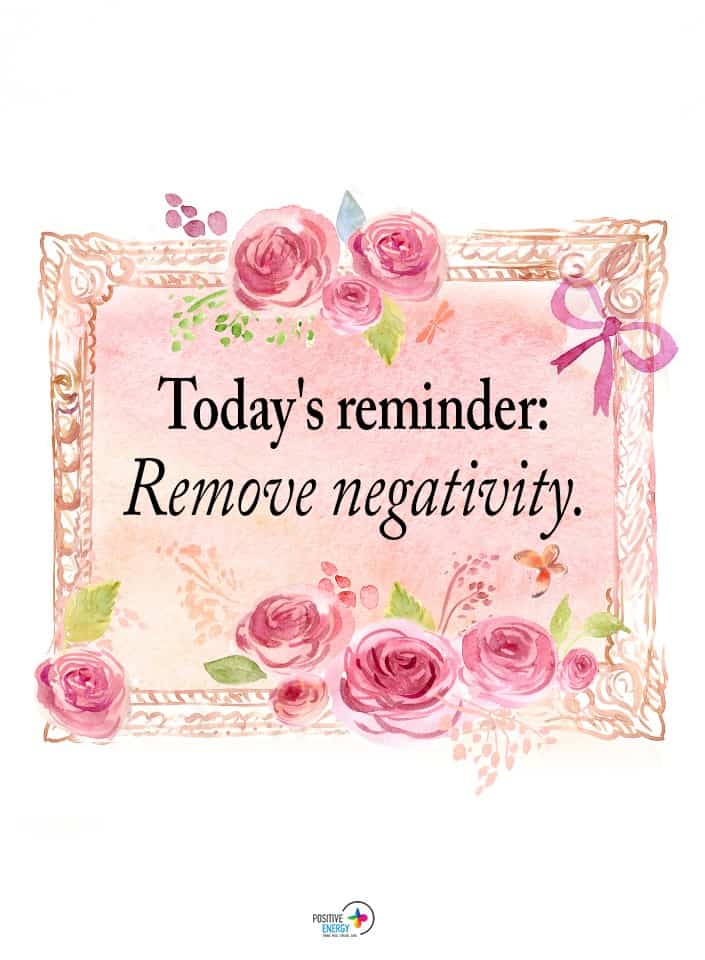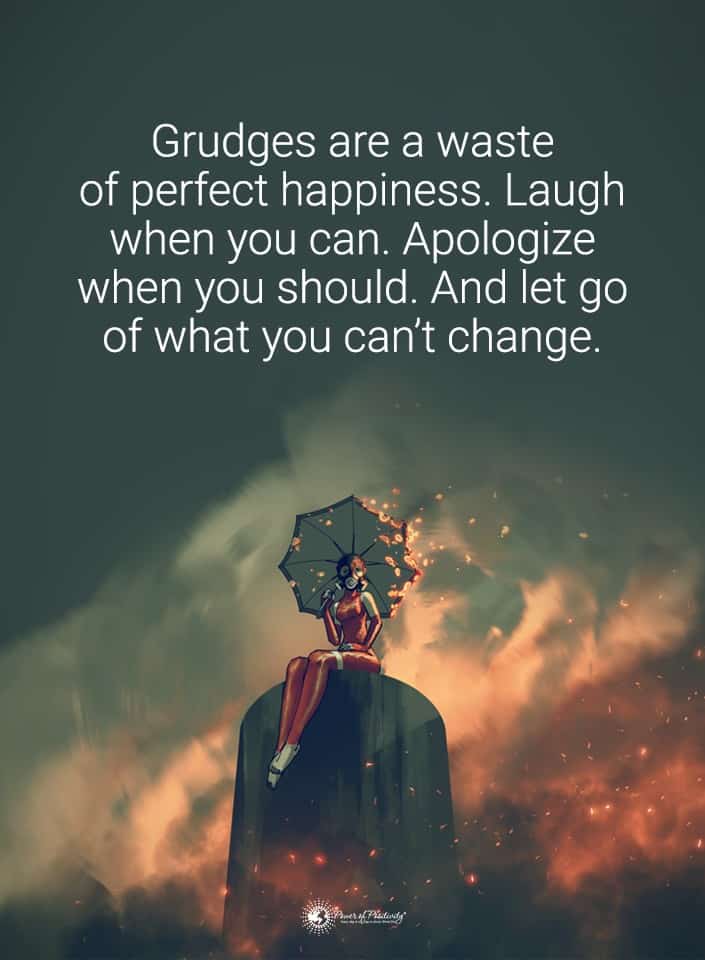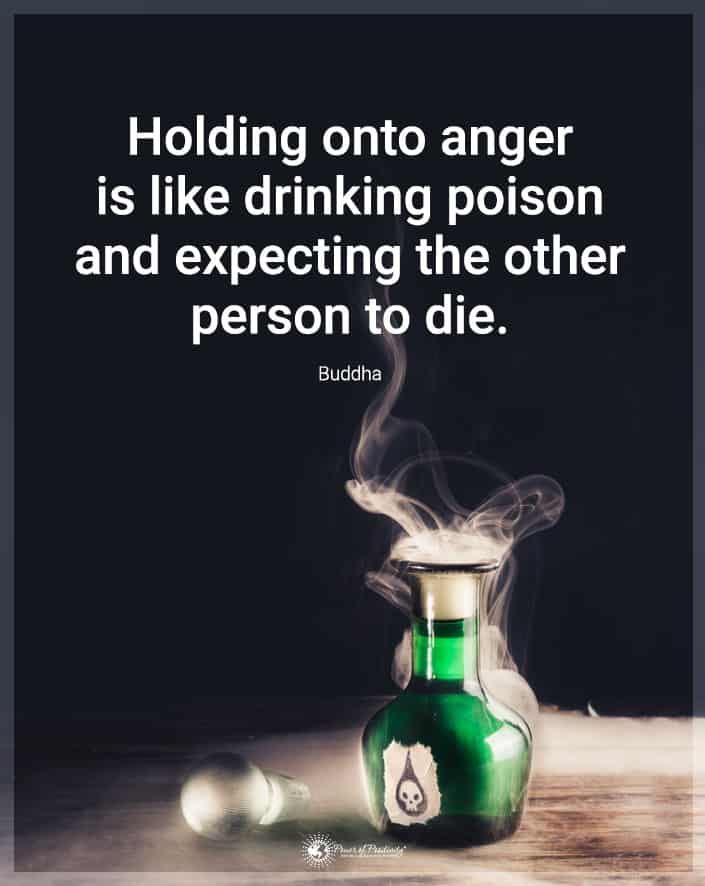People are growing increasingly cynical–and that’s a dangerous trend. This trait inherently believes in the fact that others are motivated by selfishness and greed.
In fact, the Pew Research Center and its years of studies and statistics have indicated that fewer and fewer Americans trust each other as time goes on. In other words, lots more people are cynical now than they were a couple of decades ago.
For many, cynicism is a protective mechanism. There’s a lot of negativity in the world, and those who continue to be optimistic can often find their hopes dashed as such. Thus, many turn to a darker view of the planet and its population. When you prepare for the worst, you can’t be hurt by those things. It’s like a shield.
As it turns out, this probably isn’t the best way of thinking – or so says Jamil Zaki, the Stanford Social Neuroscience Lab director. He’s also a professor of psychology at Stanford University. Jamil Zaki’s work primarily covers empathy and how it can be built and has worked on the subject printed in various renowned publications. In other words, if there’s anyone qualified as an expert on this idea, he’d be your guy!
According to Jamil Zaki, the epidemic of cynicism that we face now is a dangerous spiral, and it’s a cycle that we need to break. In August 2021, he spoke at an official TED conference with some exciting insights into the dangers of this way of thinking. Here’s how a Stanford professor explains four ways being cynical is a trap.
1. Being Cynical Breeds More Cynicism

We often have an idea of cynics that indicates they’re outliers. We think of them as the grumpy older man yelling at kids to get off his porch. Or perhaps we think of them as jaded, troubled individuals – people outside of the norm. But as cynicism climbs in the face of the world’s problems, that cynical nature only multiplies.
Jamil Zaki references an exciting study in southeastern Brazil concerning a pair of fishing villages separated by 30 miles. One fishing village requires sea fishing, where villagers must work together in groups. One fishing village does lake fishing, and each fisherman works individually.
The study took members from both villages and put them through a series of social tests. As it turns out, those from the sea were better at cooperation and trusting others. Meanwhile, those from the lake village tended to compete with others and were much more mistrustful. The environment that they were used to entirely dictated their behaviors. On top of that, the longer they’d spent in each domain, the more deeply entrenched these values were.
Of course, there’s a lot of nuance to a study like this, but Jamil Zaki’s point is simple. An environment of cynical negativity only perpetuates itself. When everything around you is negative, it’s hard to break free from that mindset, polluting everything you do. Worse still, it’s likely to infect other people.
This is the significant danger of the trap of being cynical. A cynical community will beget more cynicism. The things you fear will manifest into reality, almost through a self-fulfilling prophecy. That social world molds and shapes humankind, shaping the natural world in turn. Until we all start working on being more trusting, that cynical nature will prevail!
2. Being Cynical Damages Your Trust For Others
As we’ve mentioned, being cynical involves being distrustful of others. You naturally believe in the negativity of human nature and therefore have difficulty trusting that others have good intentions.
Many people believe that this mistrustful nature is more accurate than those who aren’t cynical. There’s an idea that cynics are people who are “wise,” or people who have glimpsed the truth of humanity. Others view them as more intelligent than total optimists. Supposedly, they’re able to see the “true nature”s of people well and don’t fall for lies and deceit.
But, as Jamal Zaki explains, this is not the case! In fact, this is a total myth. A study has shown that cynical individuals tend to have trouble detecting lies. They assume that liars are all around them and get it wrong constantly. Meanwhile, those who aren’t harmful and have a higher generalized trust can tell when someone’s behaving questionably.
This is just another way that being cynical is a trap. You get so lost in a negative perception of those around you that you end up:
- Refusing to trust people with genuine intentions further isolating yourself and even pushing others into more cynical beliefs.
- Treating those who don’t deserve negative treatment with rudeness and distrust, harming and alienating others.
- Seeing the eventual isolation of this behavior as “proof” that your cynicism was proper.
Outcomes Of Cynical Thinking
So, cynics tend to isolate and alienate themselves due to their mistrustful nature. Aside from creating a trap of incorrectly “proven” mistrust, it also cages cynics in for another reason. Specifically, it causes a kind of social isolation that makes cynicism rise. Jamal Zaki explains that pessimists are more likely than non-cynics to:
- Refuse intimacy from others
- Hurt the people around them as a defensive mechanism
- Have suspicions about their friends and family
- Spy on colleagues and people they should be cooperating with
- Refuse to cooperate with the people around them
- Mistreat those around them
This trap of cynicism exists because you create the conditions that you fear most when you’re cynical. You tell a tale to yourself and others that the planet is simply full of villains and bad people, which is a false tale. But when you treat others poorly due to your cynical nature, you create “villains” in your life story out of them.
3. Cynicism Depletes Empathy
The more cynical you are, the less likely you are to be empathic towards those around you. Empathy is Jamil Zaki’s specialty, and he’s conducted all sorts of studies into the matter. Many of his findings indicate that being treated with empathy opens up the door for positive conversations and togetherness across different demographics and groups.
For positivity to bloom, respect has to be given to all parties. This is the best way to bridge divides between different groups of people. Research proves that cynical beliefs about human nature lead to disrespect, which leads to further cynicism. This means that the line between perpetrators and victims becomes progressively more blurred in a vicious cycle.
Disrespect is also often a product of a lack of empathy, and this deficit goes hand-in-hand with cynicism.
A Lack Of Empathy Causes Poor Outcomes
Without empathy, you may experience the following outcomes:
- Have difficulty understanding the impact of your actions. When your behaviors stem from cynical beliefs, you fail to understand what consequences may spring from those actions. You don’t connect the dots from cause to effect accurately, which fuels your cynicism further.
- They are overly judgemental of others. Cynicism means you require things to be “just so” before they satisfy you. This means that you can be highly critical of those around you, the world of your environment, and even yourself. You can’t understand the potential reasons that underlie what you perceive as imperfections or flaws.
- Can’t maintain good relationships. It’s tough to have positive social interactions when you cannot practice empathy with those around you. Eventually, tensions and conflict will arise. This further isolates cynical individuals.
- They are less inclined to help and cooperate with others. Remember the study about the fishing village? Cynical people can create an environment where no cooperation, prosocial, or helping actions are performed. This highly individualistic society traps people in a world where everyone honestly behaves selfishly.
- Don’t communicate well. When you don’t share, no one knows that you have an issue with something. When no one knows that you have a problem with something, you continue to build up resentment and start to believe that other people are out to get you.
4. You Can’t Fix What You Think Can’t Be Changed
The most dangerous trap of being cynical is how it involves an inherent belief that the negative things you perceive cannot be changed. Human nature is naturally evil. People are just inherently selfish. The world is just always going to be full of troubles. That’s “how it is,” and you’re “wise” as a cynical person for knowing that.
Jamil Zaki does explain that cynicism is, of course, not the sole root of many of the world’s problems. You can’t fix severe issues with pure optimism. But he also states that it’s impossible to change our harmful practices and broken systems if we believe that they exist because people are purely and entirely selfish and evil. To escape the world’s difficulties, we have to trust that they can be changed and better systems upheld.
Of course, this isn’t to say that skepticism has no value. Wanting evidence for what you hear is good. But taking it too far and entering the realm of cynicism, Jamal Zaki states, will only harm our potential for change. Noticing kindness, goodness, and compassion in the world is crucial to believe in the potential for collective transformation and improvement. It also allows us to collaborate for positive change better.
Once again, we only need to think back to the study on fishing villages. We don’t want to create an individualistic environment where competition and distrust reign supreme. No, we want what the sea fishermen have: a healthy sense of cooperation, organization, and care for one another. And the only way to foster that environment is to drop the cynical way of thinking and adopt something geared towards positivity!
Final Thoughts On Some Ways Being Cynical Is A Trap
Being cynical is falsely considered a sign of wisdom, as if it’s proof that someone has glimpsed the true nature of humanity. In reality, it only drives us further apart, isolating us, breeding further cynicism, depleting empathy, and preventing change.
So avoid the self-fulfilling prophecy of cynicism. Don’t assume the worst out of the world around you. Work better to understand yourself and the people in your environment, and you’ll begin to see the goodness that exists on our planet!
The post Stanford Professor Explains 4 Ways Being Cynical Is a Trap appeared first on Power of Positivity: Positive Thinking & Attitude.





